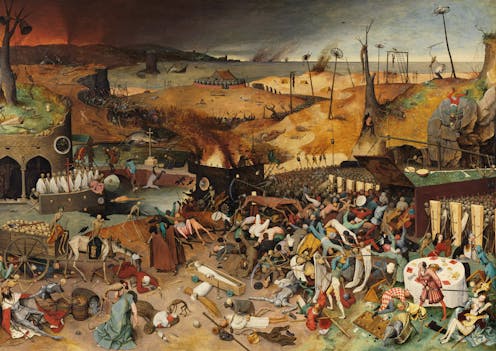welcome to the world of Ottessa Moshfegh's Lapvona
- Written by Julian Novitz, Senior Lecturer, Writing, School of Media and Communication, Swinburne University of Technology

Whether taken as a good or bad quality, Ottessa Moshfegh’s Lapvona[1] is a confounding novel. In a recent survey of critical responses, writer Rich Juzwiak[2] noted that there is strikingly little consensus among reviewers:
Go down the Lapvona blurbs on Bookmarks and it’s like every reviewer read a different book. Lapvona is “utterly odd, wickedly funny, and sharply satirical.” In Lapvona, “what’s gone missing is Moshfegh’s destroying wit.” It’s “deliriously quirky.” It’s “too puerile and dumb to excite any reaction beyond impatience.”
“Some of her sentences dazzled me so much I had to put the book down and sun myself in the light of her prose for a moment,” writes one reviewer. “The prose, as elsewhere in Moshfegh’s oeuvre, is occasionally vivid, but mostly lazy,” writes another.
Juzwiak is delighted by this reception, noting the unusual intensity of these opinions and reactions, dubbing Lapvona “the feel-bad hit of the Summer.”
Review: Lapvona – Ottessa Moshfegh (Penguin Press).

















